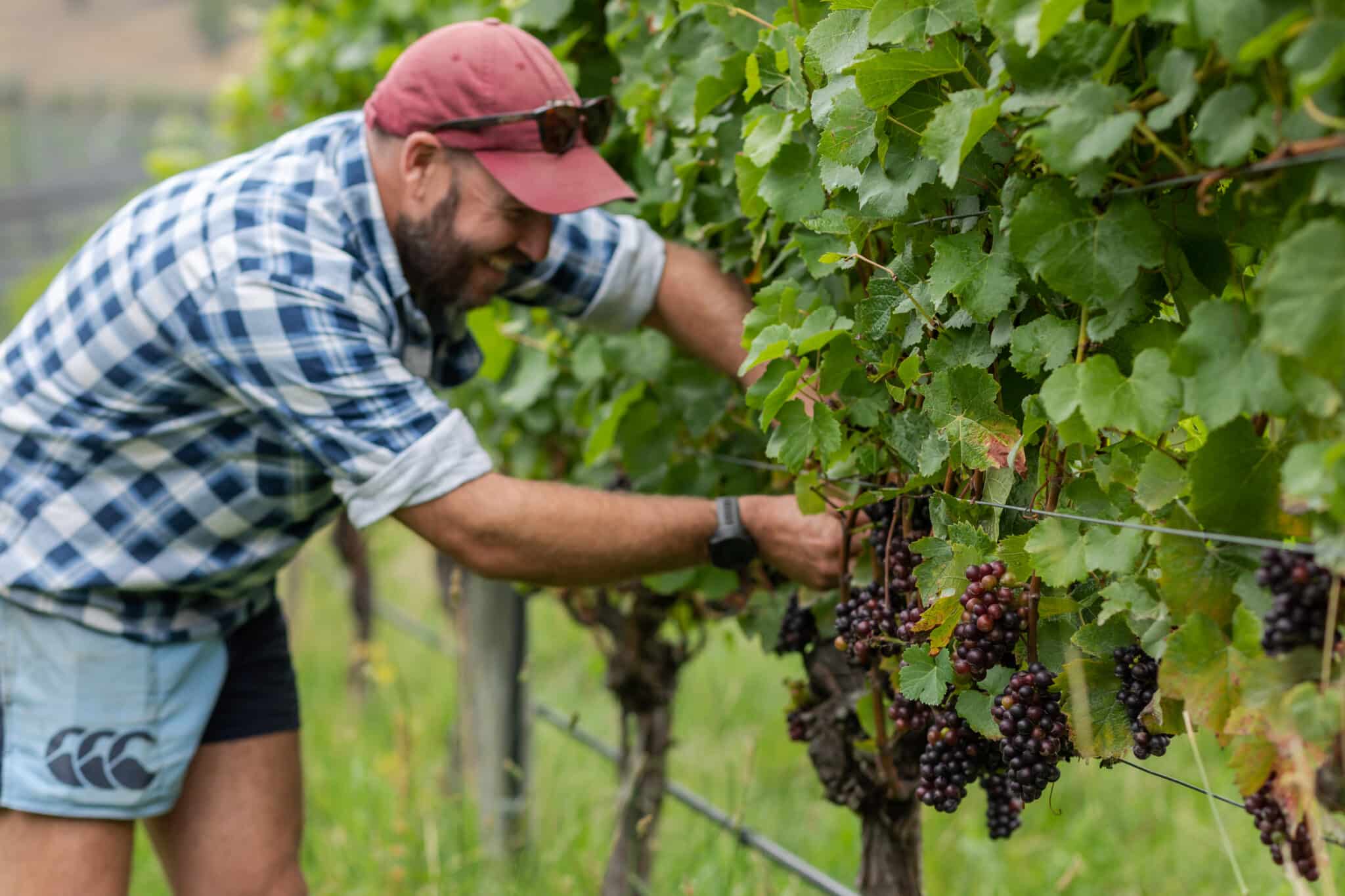Beyond the Grape : Uncorking the Importance of Certified Organic Wine
Beyond a simple fermented drink, wine is a complex creation. Sun-kissed grapes, skilled hands, and a unique expression of time and place intertwine with each sip. But as consumers increasingly seek transparency and sustainability in their choices, a more holistic approach to grape growing & winemaking has been gaining prominence: certified organic wines. So, what exactly is it, and why does it matter in your next glass?
Unlike their conventional counterparts, organic vineyards ditch harmful pesticides and fertilizers, opting for natural pest control and soil nourishment. Think ladybugs feasting on aphids, not chemical cocktails. This holistic approach fosters biodiversity, promotes healthier soil, and reduces potential harm to our planet.
But why the need for certification? Labels can be confusing, with “organic” sometimes acting as a mere marketing buzzword. Certification, however, provides verification. Think of it like a rigorous fitness test for your wine. To earn the organic badge, vineyards must adhere to strict regulations for several years, undergoing regular inspections to ensure they’re walking the organic talk.

Here’s what certification guarantees:
- No synthetics: Harmful pesticides, herbicides, and fertilizers get the boot, ensuring your wine is free from potentially dangerous residues.
- A thriving ecosystem: Organic practices promote biodiversity, attracting beneficial insects and creating a healthy environment for grapes to flourish.
- Sustainable soil: Natural methods replenish, rather than deplete, the soil, ensuring sustainable vineyard practices for years to come.
- Transparency and trust: Certification isn’t just a label; it’s a commitment to ethical farming and responsible winemaking.
- Strengthens social fabric: Local organic farms and farmers markets often foster connections between farmers and consumers, building stronger communities.
- So, when you raise a glass of certified organic wine, you’re not just savouring a delicious sip. You’re supporting a healthier planet, promoting sustainable practices, and choosing a wine that’s a true reflection of where it was grown.
Ready to join the organic revolution? Here are some tips:
- Look for the certified organic label: Don’t be fooled by greenwashed marketing. Ask for wines with reputable certifications:
- New Zealand: Look for wines bearing the ‘Bio Gro’ or ‘Assure Quality’ organic certifications. These are rigorous programs ensuring organic practices across vineyards and wineries in Aotearoa.
- Australia: Seek out wines certified by ACO (Australian Certified Organic) or NASAA (National Association for Sustainable Agriculture Australia). These organizations guarantee adherence to strict organic standards set by the Australian government.
- Support local, small-scale producers: They often champion organic practices and offer unique terroir-driven wines.
- Educate yourself: Dive deeper into the world of organic viticulture. The more you know, the more you can appreciate the difference behind every sip.
Remember, choosing certified organic wines goes beyond individual well-being – it supports sustainable farming practices, protects the environment, builds stronger communities, and celebrates the unique character of these fascinating wine regions.
Click the link to explore Greystone’s range of Bio Gro Certified organic wines.
